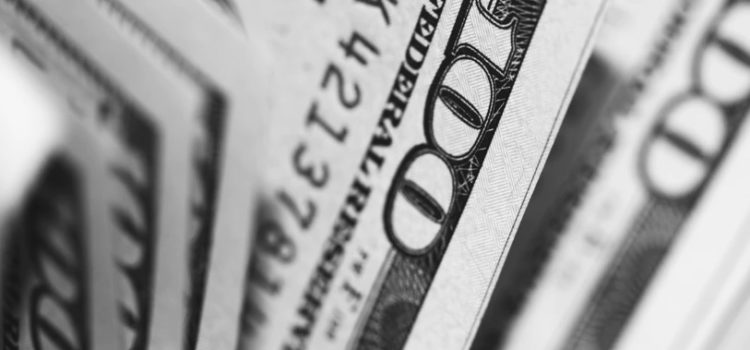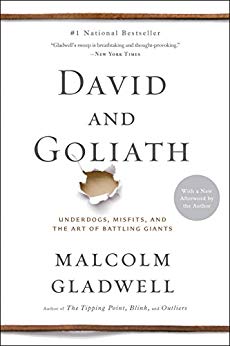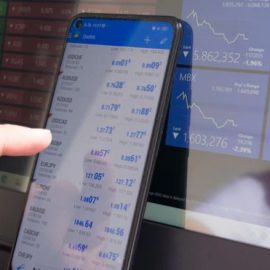

This article is an excerpt from the Shortform summary of "David and Goliath" by Malcolm Gladwell. Shortform has the world's best summaries of books you should be reading.
Like this article? Sign up for a free trial here .
Some might say it depends on who you ask, but social scientists might say it depends on how much you have. Learn how money affects your levels of happiness, why more isn’t necessarily better, and why more might actually be worse.
The Advantages of Having Less Than Your Opponent
Most of us tend to believe that when something is good (like strength, money, or small class sizes), more of it is better. But Goliath’s abundance of size, strength, and weaponry didn’t protect him from David’s rock–it made him more vulnerable. There is a point at which the accumulation of resources ceases to be an advantage and another point at which those resources become a distinct disadvantage. The visual representation of this theory is the inverted-U curve.
The Inverted U-Curve
So, can money buy happiness? When you graph the relationship between happiness and money, the shape is an upside-down U.
Let’s see why the answer to “Can money buy happiness?” is sometimes. If we created an inverted-U graph, we could chart wealth on the X-axis and happiness on the Y-axis. Picture the beginning of the inverted-U at the bottom left-hand corner, where the X- and Y-axes meet, at $0 and 0 on the happiness scale. (It’s difficult to be happy when you don’t have money and are just trying to survive.)
As wealth increases, the arch moves diagonally up to the right. (An increase in money means an increase in happiness.)
But, at some point (studies say at a family income of around $75,000), an increase in money stops making you happier—you have enough to meet your basic needs and buy yourself and your family a few luxuries. The diagonal ascent of the graph starts to level off, forming the top of the upside-down U—income increases, but happiness levels stay the same.
We tend to think the relationship between wealth and happiness ends here: at some point, how much money you have ceases to matter. But this is our error–we forget that we live in a “U-shaped world.”
Can money buy happiness? Or is there a point at which more money triggers a decrease in happiness, completing the upside-down-U shape? Many social scientists claim that, yes, you can have too much of a good thing.
The tendency of graphs toward an inverted-U shape shows us that many things we think of as unequivocally advantageous, like money or material resources, aren’t. Nothing is good, evil, or even neutral. An item’s value often depends on how much of it you have. It’s advantageous until you have so much of it that its value becomes neutral. At the point of overabundance, its value goes from neutral to negative. What was an advantage in a limited amount becomes a disadvantage in a large amount.
———End of Preview———

Like what you just read? Read the rest of the world's best summary of "David and Goliath" at Shortform . Learn the book's critical concepts in 20 minutes or less .
Here's what you'll find in our full David and Goliath summary :
- Why being the underdog can actually be an advantage
- Why you shouldn't be afraid of powerful giants
- Strategies to get an edge when you're overpowered






